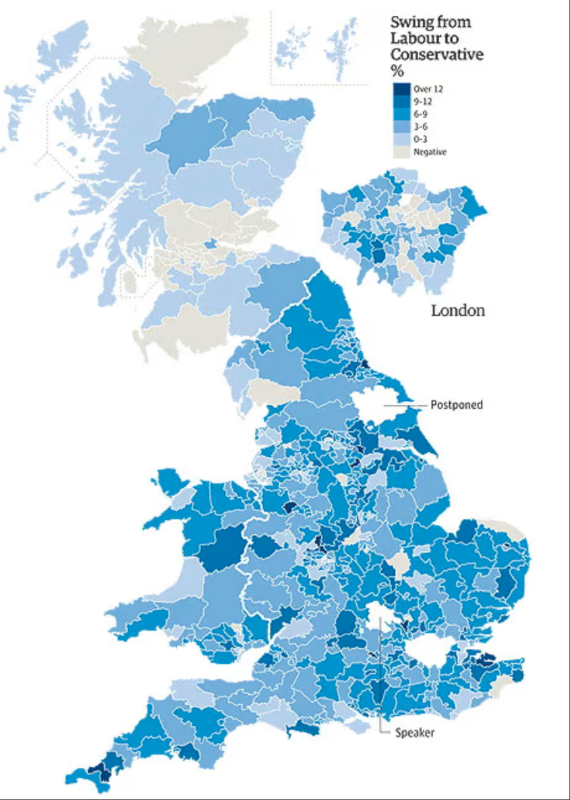Submission to the Smith Commission
 Dear Commissioners
Dear Commissioners
First let me say I wish you well in your immensely difficult task. While separating Scotland out of the Union might have been hard, keeping Scotland in the Union under present circumstances looks a great deal harder. Your commission was set up in the immediate aftermath of the recent referendum. Germane to the establishment of your commission were
- 'The Vow', signed by all the leaders of the major UK parties, whose terms as written are so woolly as to be virtually meaningless, but which was represented to the Scottish electorate as being a promise of DevoMax
- A series of extraordinary interventions by Gordon Brown MP, in which he promised — on the basis of what authority it is not clear — a solution '...as close to federalism as we can go in a country where one nation accounts for 80% of the population.'1
More on modelling rivers
I've been writing a lot about politics recently — and with reason. But now it's time to be getting back to writing about software, and, specifically, about river flows again.

I wrote almost a year ago that I had had the first glimmer of success with modelling river flows. Well, some success was right, but not enough success. I didn't have a software framework in which I could model other things I wanted to model in my world, nor one with which I could play flexibly. I also — because I was working with maps of my fictional world, and not the real world — couldn't assess how well my algorithms were working, particularly as I had persistent diagonal artefacts.
Parliamentary Questions

Sir Thomas sat then for the constituency of Linlithgow, in West Lothian, in Scotland; his constituents' education was — then as now — governed by the Scottish Parliament at Holyrood. And thus he answered his own West Lothian Question, which has dogged the British constitutional settlement ever since it was first asked, and which has an added frisson in the aftermath of Scotland's failed velvet revolution.
What is being proposed now by David Cameron, is a parliament — the Westminster parliament — which will continue to debate both bills affecting the whole United Kingdom and also bills affecting England only; but with the quirk that Welsh, Northern Irish and Scots MPs will be unable to vote on the English-only bills. This looks, on the face of it, sensible.
A Bill anent Wrongfully Enclosed Common Lands
*Right, we've lost the referendum, we won't get independence. It's time to move on. *
**
Jock Tamson's Bairns
 So, we lost.
So, we lost.
The important thing to remember is that we all lost, every one of us in Scotland. All Jock Tamsons's bairns, those who voted 'no' just as much as we who voted 'yes'. All of our futures are dimmed, all of our hopes of comfort and prosperity diminished, all of our security eroded. And we are luckier than they. Not for us the slow dawning realisation of how dreadfully, how catastrophically they have erred.
When the value of their homes collapses and they are in negative equity, they will know — for they knew that the United Kingdom government was promoting yet another unsustainable housing bubble — they will know they voted for that.

